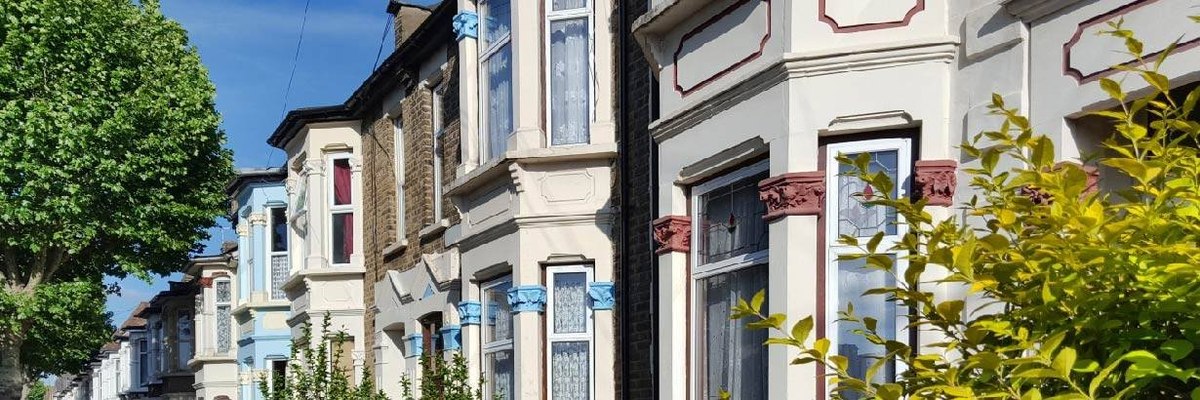Brits generally support an increase of homes – just not if it results in large amounts of borrowing, smaller housing units or on top of green land
The government is set to go forward with a new planning bill, looking to modernise the planning system for housing in England. The bill, announced in the Queen’s Speech, aims to increase the numbers of new homes being built by making it more difficult for local councils to block new housing schemes, ultimately quickening the application process of housing developments.
New YouGov data shows that half (53%) of Brits support a large increase in the amount of new housing being built in Britain, while 35% are opposed to the idea. When asked the same question in relation to homes being built in ‘your own local area’, support drops to 44%, while opposition increases to 46%. This is most likely to be due to the long observed phenomenon surrounding housebuilding called “NIMBY”ism (or “Not In My Back Yard”) – the attitude many people have that building new things like houses or infrastructure is a good thing, so long as it doesn’t happen anywhere near them.
The data also highlights how support for large-scale national housebuilding differs depending on circumstance.
Support for an increase in housing climbs to 55% if it means a substantial drop in house prices. Unsurprisingly, support for this particular reason is seen most highly amongst those likely to be getting started on the property ladder - 64% of those aged 18 to 24 and 58% of 25 to 49s.
Yet, support for housebuilding drastically declines if the government would need to borrow large amounts of money to fund the builds (30%) and if the housing units are smaller or there are plans for more high-rise blocks (25%).
One of the criticisms of the planning bill comes from countryside campaigners claiming property developers will now have more freedom to build over green fields and agricultural land. A mere 18% would be in support of a large increase in housebuilding if this were the case.







